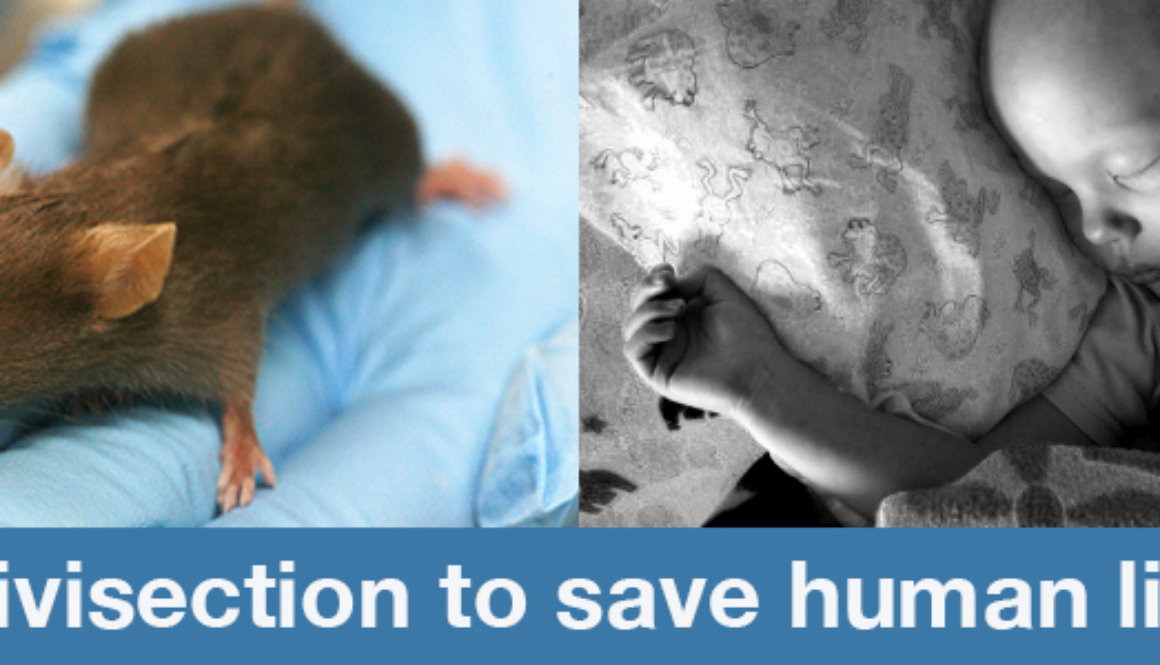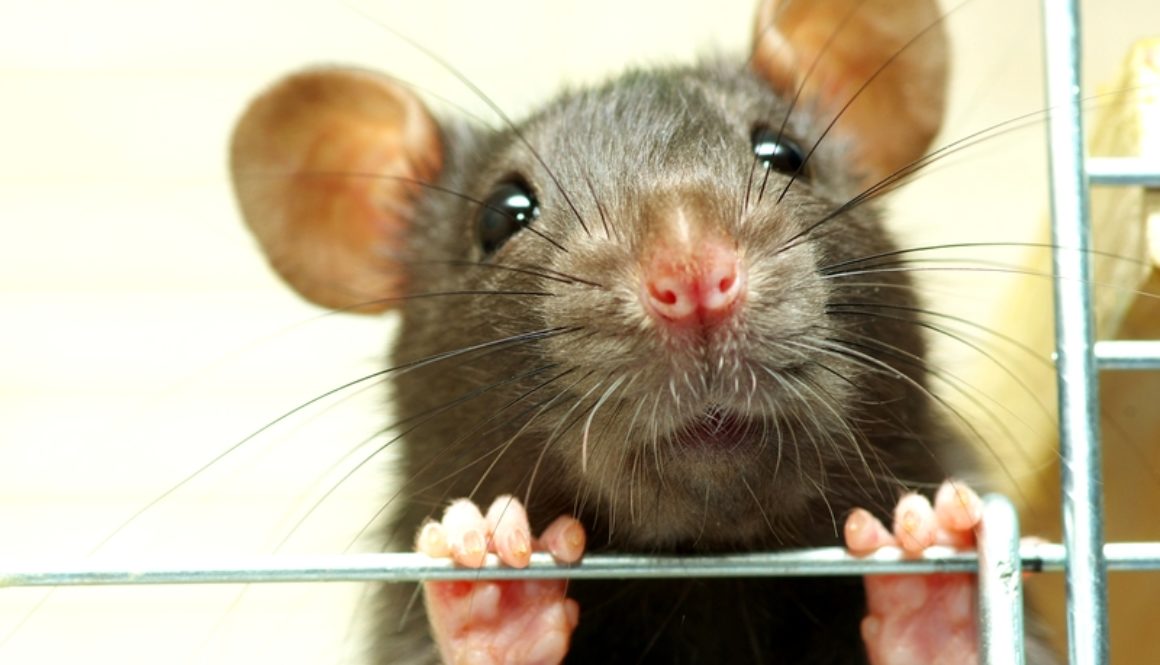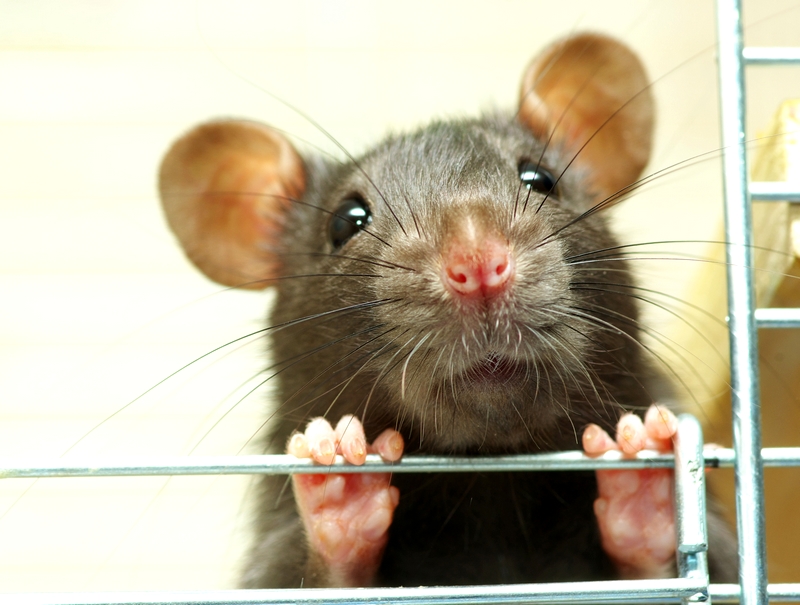
Articles

Animal research
Animal research
- The Times
- Published: 04 July 2015
- Letters to the Editor
Sirs,
As biomedical research scientists and physicians, we are disturbed that the Association of Medical Research Charities (AMRC) now requires its members to publicly declare support for animal research. A growing body of evidence suggests that animal research is not a reliable means of predicting how humans will respond to medicines and does not accurately represent the diseases suffered by humans. The scientific community is becoming increasingly doubtful about the relevance of animal research to human medicine. An editorial published last year in the British Medical Journal, for example, suggested that ‘funds might be better directed towards clinical rather than basic (i.e. animal) research, where there is a clearer return on investment in terms of effects on patient care’. AMRC should allow its member charities the freedom to develop their own progressive policies. Enforcing an illusory united front on this divisive issue forces charities to choose between losing support from AMRC or from concerned donors. It also goes against the fundamental spirit of science, which promotes the open exchange of ideas.
Professor Geoffrey Pilkington, Professor of Cellular and Molecular Neuro-Oncology, Portsmouth University
Professor Barbara Pierscionek, Associate Dean, Research and Enterprise, Kingston University London
Dr Lindsay Marshall, Senior Lecturer in Immunology, Aston University
Dr Kelly BéruBé, Reader in Cell Biology, Director Lung & Particle Research Group, School of Biosciences, Cardiff University
Dr Aysha Akhtar, Neurologist and Public Health Specialist
Dr Kathy Archibald, Director, Safer Medicines Trust
Dr Bob Coleman, UK Science Director, Safer Medicines Trust
Dr Katya Tsaioun, US Science Director, Safer Medicines Trust
Dr Andre Menache, Director, Antidote Europe
Dr John Pippin, Cardiovascular Medicine Physician

A photo to STOP VIVISECTION!
 With Stop Vivisection we have reached over 1.200.000 certified (legally recognized) signatures from the National Authorities !
With Stop Vivisection we have reached over 1.200.000 certified (legally recognized) signatures from the National Authorities !
We thus have become one of the only 3 successful ECIs presented in the first two years of implementation in Europe of the “Right of initiative” (application of art.11 of the European Treaty)-
Such a great success forces us to ask all citizens for a new and still broader support.
Why? Because In a short time we are going to meet the Commission at the European Parliament in a Public Hearing.
– We will ask that Europe, following the path outlined in the United States by the National Research Council (NRC) of the “Academy of Sciences” (the most prestigious scientific body in the USA, as says Jeremy Rifkin) with its Report “Toxicity Testing in the 21st century: a vision and a strategy”, is finally made another promoter of an essential “Epochal Change.”
– We will ask the Commission to present a new directive that comes quickly to the abolition of animal experimentation (or vivisection), the most prominent symbol – still existing in the 21st century ! – of obscurantism and regression, both scientific and technological, both ethical and cultural.
How can you support us?
It’s easy to support Stop Vivisection.
Just visit our initiative at the link https://leevia.com/en/campaigns/stopvivisection-to-save-human-lives?flag=1 and upload a picture, any picture that expresses your feelings or thoughts, where the following words appear:
#StopVivisection to save human lives
THE PHOTO YOU WILL SEND WILL MAKE THE DIFFERENCE.

The role of Cancer Research UK and public accountability
An open letter to Dr Harpal Kumar
Dr Harpal Kumar MA MEng MBA DSc
CEO of Cancer Research UK
Cancer Research UK Angel Building
407 St John Street
London EC1V 4AD
25 August, 2014.
The role of Cancer Research UK and public accountability
Dear Dr Kumar,
Further to my open letter dated 20January 2014 and your reply dated 3 February 2014, I feel compelled once again to draw to your attention the Corporate Social Responsibility (defined as an organisation’s contribution and impact to society and the environment) of Cancer Research UK (CRUK) in relation to public accountability.
I refer on this occasion to the CRUK press release dated 18 August 2014, whose heading reads: “Death rates in top four cancer killers fall by a third over 20 years” [1].
Is this heading indeed an accurate interpretation of the data? In your letter to me dated 3 February 2014, you state that “Whilst we recognise this [over-diagnosis of non-lethal cancers] as a problem in interpreting survival estimates, estimates of the number of over-diagnosed cancers (with the exception of over-diagnosis due to breast cancer screening) are not widely available and it is therefore difficult to make an evidence-based conclusion on the effect on cancer survival estimates”.
Ning and colleagues, writing in the journal Cancer Research (2012) found that just over half (51%) of “cancer survivors” later died of cancer [2]. In other words, many people who survive the top four cancer killers but who subsequently die from metastasis or a different cancer, will be categorised as “cancer survivors” in the context of the CRUK press release.
While CRUK in its press release attributes improved survival rates of cancer patients principally to research, early detection and improved treatments, it is both noteworthy and disappointing that the importance of prevention was not mentioned once in the press release, despite the fact that most cancers have their roots in the environment and lifestyle and are therefore potentially preventable [3].
Whilst it is acknowledged that CRUK is primarily a research organisation, there is plenty of scope in studying and researching ways to prevent cancer, especially in young children. You state in your letter of 3 February 2014 that “it is true that [cancer] rates in children have been increasing since the 1960s. The reasons for this are poorly understood…Very little is known conclusively about the causes of most childhood cancers because of the limited consistency between studies, study numbers and lack of information of specific substances”.
As you may be aware, babies born today have up to 300 industrial chemicals in their bodies, some of which are known human carcinogens [4]. Here is a potential flagship study for CRUK to undertake. The funding and resources for such a project could be made available by diverting research efforts away from animal experimentation and, instead, investing in a well designed human population study, beginning with biomonitoring, in the form of umbilical cord chemical analysis of infants.
Biomonitoring lends itself to the identification of biomarkers in human populations, either as indicators of exposure, effect, or susceptibility. The study of biomarkersin conjunction with other human-oriented technologies, such as toxicogenomics,epigenomics,induced pluripotent human stem cells,epidemiology, and human physiologically based pharmacokinetic/toxicokinetic modeling,will all contribute to better-informed public health policies with respect to chemical exposure and preventive measures [5].
CRUK’s continued support of animal research is out of touch with modern biology and, increasingly, with the scientific community. I refer you to the recent editorial and article published in the British Medical Journal (2014) entitled: “Is animal research sufficiently evidence based to be a cornerstone of biomedical research?” [6]
A well designed study by CRUK into the causes and prevention of childhood cancers is an urgent priority for the sake of current and future generations. A public pledge to do so would be in line with your Corporate Social Responsibility.
Yours sincerely,
Andre Menache BSc(Hons) BVSc MRCVS
Sevenoaks
References
- http://www.cancerresearchuk.org/about-us/cancer-news/press-release/death-rates-in-top-four-cancer-killers-fall-by-a-third-over-20-years
- Ning Y et al (2012) Cancer Research. April 15, 2012; Volume 72, Issue 8, Supplement 1.
- Preetha A, Ajaikumar B, Kunnumakara CS et al(2008). Cancer is a Preventable Disease that Requires Major Lifestyle Changes. Pharm Res. 25(9):2097–2116
- http://www.ewg.org/research/body-burden-pollution-newborns
- http://www.dovepress.com/reach-animal-testing-and-the-precautionary-principle-peer-reviewed-article-MB
- http://www.bmj.com/content/348/bmj.g3387

